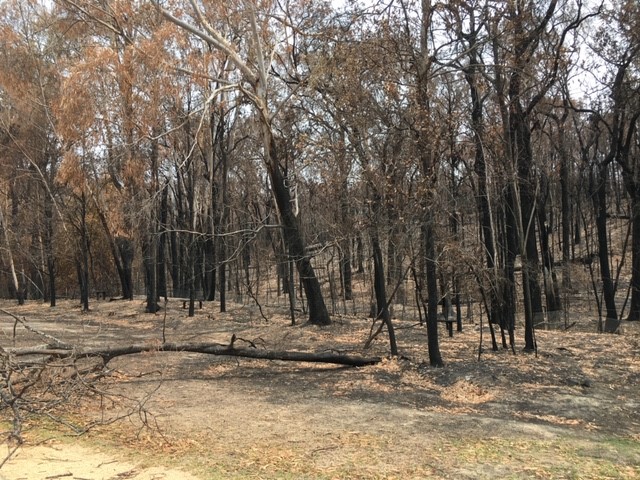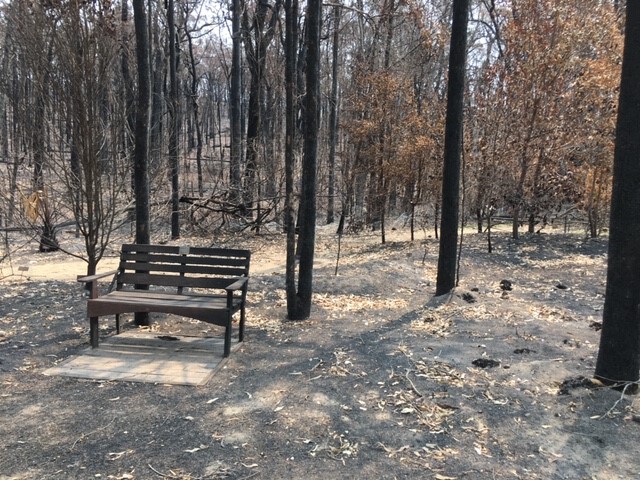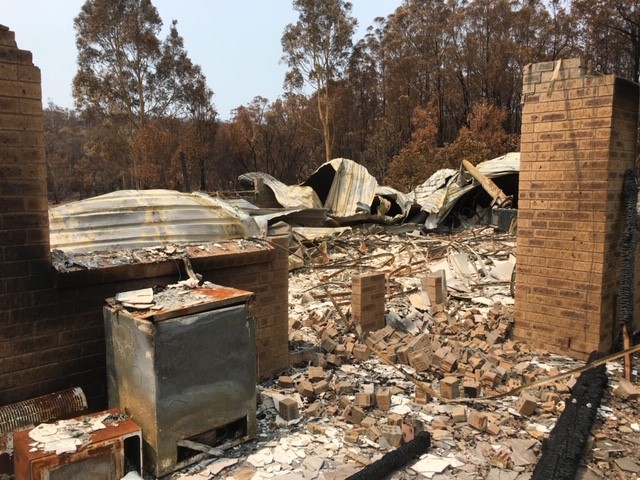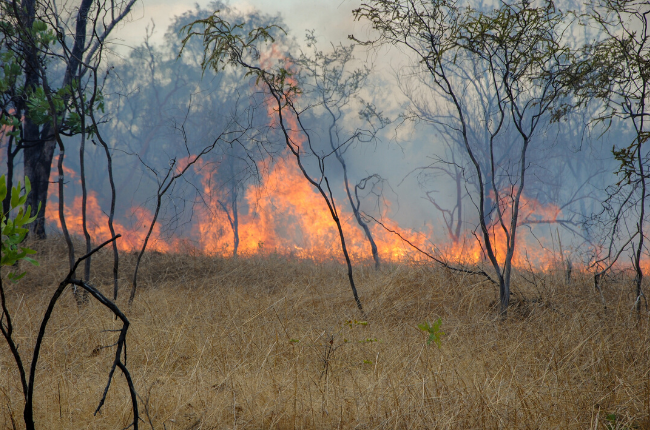The 2019-20 bushfires have had a devastating impact on our nation. And councils in bushfire-stricken municipalities now face the unenviable task of restoring and remoralising their communities. JLT Public Sector Operations Manager Martin Townsend talks about the key challenges facing NSW councils, the extent of damages being claimed – and how we’re helping councils on the road to recovery.
It’s too early for assessments in numerous regions
It’s been an unprecedented fire season. Some regions were still facing out-of-control blazes until the largest rain event in 20 years quelled the remaining flames.
For our councils, this means some are only just arriving at the point where they can begin assessing the full extent of the damage.
We are deeply sympathetic to these councils as we know how much they want to start the assessment and rebuilding process. And we want to do everything in our power to help their communities recover from the emotional trauma and economic damage the fires have caused.
Doing all we can to help
If your council has been affected by these bushfires, we understand that the last thing you want right now is a call from us asking about your insurance claims.
You’ve got your communities to focus on – and we want to help you to do that.
That’s why we’ve been reaching out to insurance or risk managers within councils to let them know we’re here to help as soon as they’re ready to move into the recovery phase.
And some councils are already underway with this process. As soon as it’s been safe to do so, we’ve sent assessors out to work with council staff.
Processing claims of unprecedented scale
Assessors are helping evaluate the damage – with our team also going onsite personally with council staff to view the impact. We have also been explaining to councils how their policies will respond to their claims.
Due to the unprecedented nature of these events, many councils have never had to file a claim for a natural disaster of this scale before. So, it’s the first time they’ve needed to trigger certain parts of their policies.
This is a very complex and unheralded situation. It’s important for us to be available and do everything we can to help navigate their claims.
For example, one council lost 10 buildings. So, understandably, they thought they would need to file 10 claims and pay 10 excesses. But this was not the case. They just needed to file one claim and pay one excess.
 Reparation costs across our councils
Reparation costs across our councils
It’s hard to estimate the total damage costs caused to NSW councils – or even an average cost that councils are facing. The differences in bushfire impacts vary enormously across the state.
Miraculously though, we have not seen any significant council assets lost in the fires. Instead, we’re seeing damage to a large number of smaller scale assets within municipalities. The damages reported have included infrastructure like playgrounds, fire sheds and recreational sites.
Somewhere in the middle in terms of the cost scale, we are seeing damage to critical assets like water and sewer facilities. Getting these services back online rapidly is crucial for public health and safety. And unfortunately, the quicker the repairs must happen, the more costly they can become.
At the top end of the cost scale, some claims could easily exceed $1 million.
For one council, the fires have ravaged large swathes of assets – from their botanic gardens, through to critical communications equipment. This is a complicated claim because some of their property was completely destroyed – while other assets will only require minor repairs.
And of course, it’s still too early to measure the loss of income resulting from the gardens’ damage. The council’s policy will cover up to five years of income loss.
Dealing with asset emergencies
We’ve been helping councils triage their claims and repairs. There isn’t a one-size-fits-all solution for our councils. Different municipalities are facing different emergencies.
We work with the affected Councils to get their important assets and services back online as soon as possible. Where appropriate, this includes introducing them to a forensic accountant to help them determine their business interruption losses.
 Claiming beyond physical damage
Claiming beyond physical damage
One silver lining for a lot of the councils we’ve been helping is the extent to which they’re able to claim for their losses. Being in the mutual comes with assurance and safety – and a lot of members are fully realising this fact as they go through the claims process.
The mutual’s protection is broad. We’ve been able to help affected councils buy extensions on their policies that cover things like smoke damage, which can be hugely costly.
Thanks to the collective bargaining power of the mutual, individual councils can buy broad cover at a reasonable price. This allows you to access cover extensions that would be unaffordable as a one-off consumer.
Extending our sympathies
Many of the bushfire affected regions rely on summer tourism to generate revenue that their communities will live off for the coming nine months.
We know the economic impacts these regions are facing will be far-reaching – both for the communities and the councils trying to rebuild them.
Councils have a colossal task ahead in launching the civil and construction works needed to get their communities functioning, and ideally thriving, again.
We want to assure you we’re with you 100% of the way. It’s a long road ahead, but we’re driving down it together.

